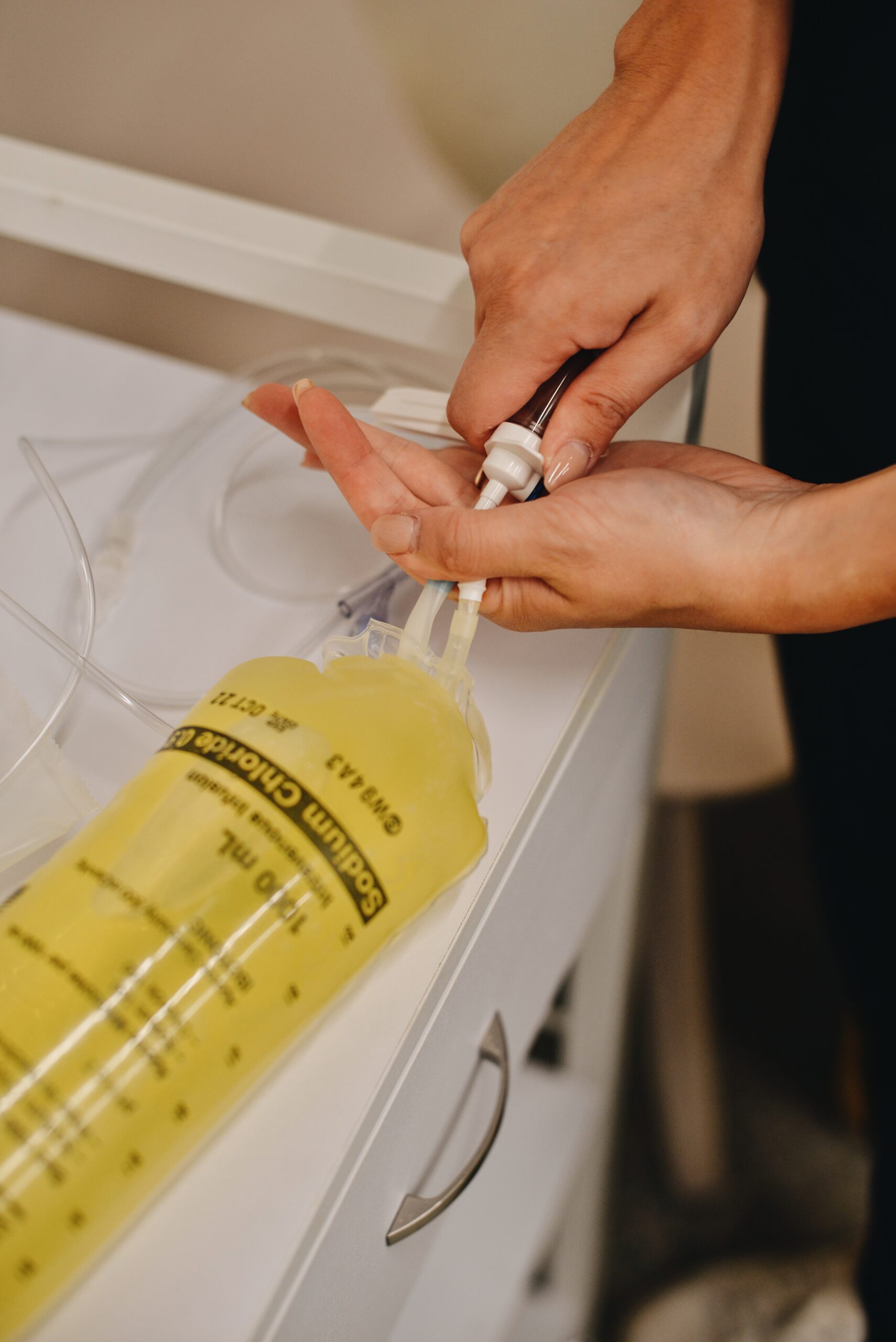Central to our philosophy is intelligence, the pursuit of treatment excellence and the sharing of insights.
If you would like to understand how NAD help neuroinflammation click here. https://jneuroinflammation.biomedcentral.com/articles/10.1186/s12974-021-02250-8
NAD+ improves cognitive function and reduces neuroinflammation by ameliorating mitochondrial damage and decreasing ROS production in chronic cerebral hypoperfusion models through Sirt1/PGC-1α pathway
- Yao Zhao, Jiawei Zhang, Yaling Zheng, Yaxuan Zhang, Xiao Jie Zhang, Hongmei Wang, Yu Du, Jian Guan, Xiuzhe Wang & Jianliang Fu
NAD+ administration rescued cognitive deficits and inhibited neuroinflammation by protecting mitochondria and decreasing ROS production in CCH rats. Results of mechanistic pathway analysis indicated that the detrimental effects of CCH might be associated with decreased gene expression of PPAR-γ co-activator1α (PGC-1α) and its upstream transcription factor Sirt1, while NAD+ treatment markedly reversed their decrease. In vitro study confirmed that NAD+ administration had protective effects on hypoxia-induced neuroinflammation and mitochondrial damage, as well as ROS production in BV2 microglia via Sirt1/PGC-1α pathway. Sirt1 overexpression mimicked the protective effects of NAD+ treatment in BV2 microglia.
Conclusions
NAD+ ameliorated cognitive impairment and dampened neuroinflammation in CCH models in vivo and in vitro, and these beneficial effects were associated with mitochondrial protection and ROS inhibition via activating Sirt1/PGC-1α pathway.


